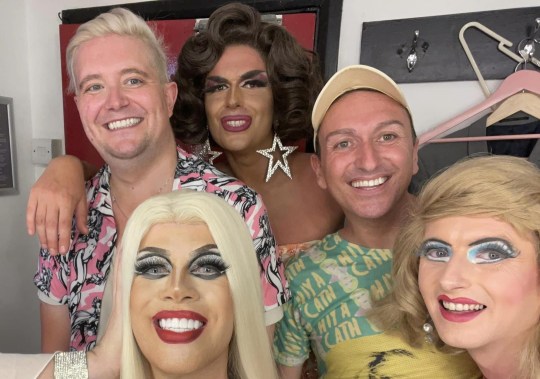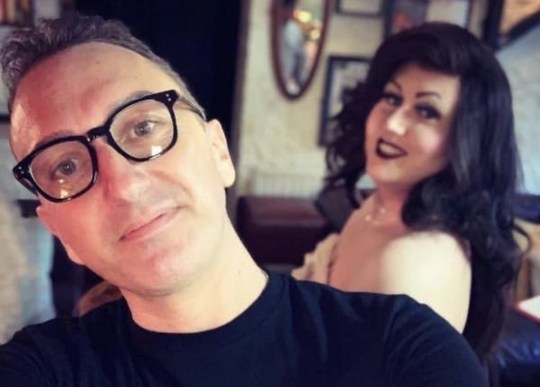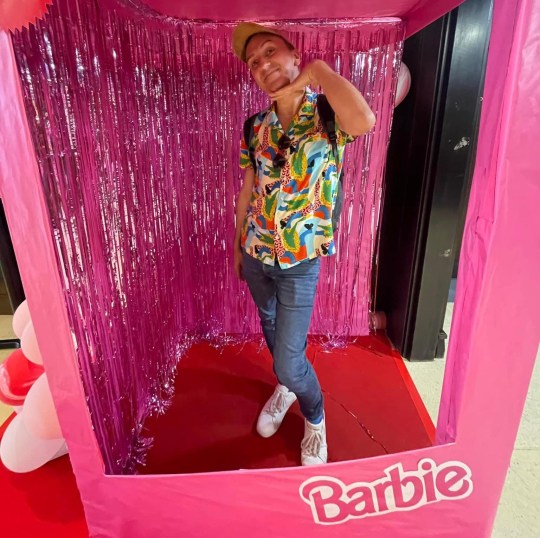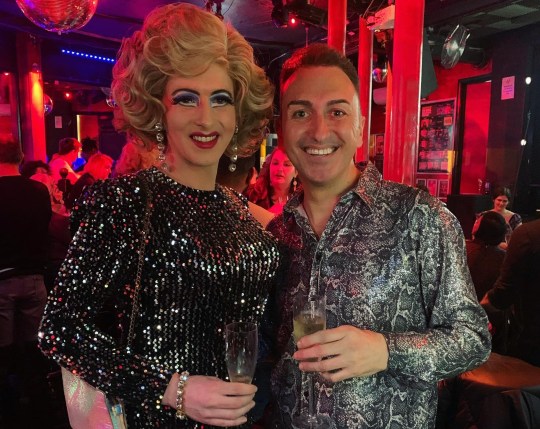He Spoke 7 Words and Suddenly, I Wasn’t Attracted to My Date Anymore by Lisa

Strolling through the chilly streets of Soho with my date a few years ago, I was enveloped in a sense of peace and satisfaction.
We had been dating for a while after meeting at a gay bar, and everything seemed to be going smoothly. However, one particular night turned the tide.
Unexpectedly, he halted in front of a gay bar and made a remark that left me stunned.
‘This is where the real men hang out,’ he said, sarcastically referring to the predominantly masculine crowd inside. I was taken aback.
As a femme gay man – someone who expresses himself in a typically feminine manner through animated gestures, maintaining a clean-shaven look (mainly because I dislike the feel and appearance of a beard on me), naturally crossing my legs when I sit, and so on — I’ve been on the receiving end of countless ‘jokes’, snide remarks, and insults.
When such comments come from someone within my own community, who should understand their harmful impact, it stings even more.

In fact, I’ve spent a considerable part of my life trying to suppress my femininity because it was, and to some extent still is, deemed socially unacceptable.
However, it’s something I’ve never been able to control. It’s simply who I am.
Hearing such a damaging stereotype about masculinity from a young gay man, especially one I was romantically involved with, left me feeling belittled, disrespected, and infuriated.
‘If you prefer “real gay men”, then go to them,’ I retorted, withdrawing my hand from his. ‘I’m proud of who I am, and it’s taken me a long time to reach this point.’
So, How Did It Go?
So, How Did It Go? is a weekly Metro.co.uk series that will either make you cringe with second-hand embarrassment or fill you with envy as people share their best and worst date stories.
If you want to share your own awkward encounter or love story, get in touch at [email protected]
Having grown up under the influence of Section 28 and attending a strict Catholic school that emphasized family values and heteronormativity, I spent a lot of time mentally chastising myself and concealing my true identity.
I despised my inherent gay feelings and believed that my unique femme traits and mannerisms were incorrect and undesirable.
In essence, I was consumed with shame.
Consequently, I spent many of my formative years masking my femininity. In public, I made a conscious effort to downplay my flamboyance: I gestured less when I spoke, used a deeper voice, uncrossed my legs when seated, and so on.

Moreover, I made sure never to glance at gay magazines or pictures of shirtless men when others were present. Even my clothing choices were dictated by the desire to blend in; I never wore anything that could be considered ‘unconventional’, such as extremely bright or tight clothes, or anything that hinted at my sexuality.
My primary goal was to blend in. It was the only way I could safeguard myself. But sometimes, even that wasn’t sufficient.
During my teenage years, I was attacked several times for being gay. Once, I was severely beaten while my assailants hurled homophobic slurs at me.
So, when I hear remarks like the one made by my date, it transports me back to those traumatic days of being assaulted; for a moment, I’m once again overwhelmed with shame and humiliation.

As a consequence of being ridiculed and marginalized, my self-esteem was shattered for years. This led to severe anxiety, depression, and, later in life, alcohol abuse.
It’s taken nearly two decades, but I’ve mostly managed to control my excessive drinking, and I’ve finally reached a point where I’m comfortable with my identity as a femme gay man. I make no apologies for being myself.
Connecting with like-minded individuals who I trust and finding comfort in our shared experiences played a significant role in my journey towards self-acceptance. Drag artists and fellow femme gay men, in particular, have been a great source of support. We’ve had extensive discussions about how our upbringing was strikingly similar, which often carried over into adulthood — suppressing our true selves out of fear of judgment, or worse, physical assault.

Connecting and engaging in open conversations greatly helped me shed some of my shame. My perspective changed. It’s incredibly freeing to know that there are people from all walks of life who’ve experienced what you have and can completely understand and empathize.
Their support, along with therapy, helped me realize that masculinity is not as rigid as I was led to believe, and there’s nothing shameful about my femininity.
Unfortunately, there are still some gay men who openly belittle those of us who are femme and use our uniqueness as fodder for their jokes.
In the past year, I’ve had a few instances where one of the first questions I’ve been asked before meeting a guy is whether I’m straight-acting.
